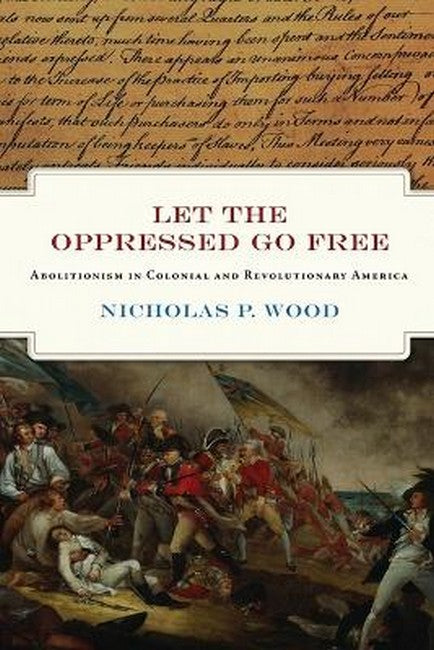Nicholas P. Wood is Associate Professor of History at Spring Hill College.
Request Academic Copy
Please copy the ISBN for submitting review copy form
Description
"Nicholas P. Wood insightfully demonstrates how abolitionists, as individuals and in groups, fought enslavement throughout the colonial and revolutionary eras, challenging historians who have minimized the impact of Quakers and Black Americans during that period. Wood's careful analysis of essays, petitions, court cases, and meeting records emphasizes how abolitionist reformers marshalled religious belief and collective action, persistently warning of God's wrath for the sin of holding people as slaves."-- "Jean Soderlund, author of Quakers and Slavery: A Divided Spirit" "With scrupulous scholarship, original research, and careful attention to text and context, Nicholas P. Wood restores the place of religion in early American antislavery thought, rebalances the relationship between the sacred and the secular and, thereby, rewrites the origins of the antislavery movement in Revolutionary America. A foundational contribution to a fundamental subject."-- "Christopher Leslie Brown, author of Moral Capital: Foundations of British Abolitionism" "Abolitionism is too often portrayed as a nineteenth-century phenomenon. Nicholas P. Wood's Let the Oppressed Go Free demonstrates that a true genealogy of abolitionism in North America should begin in the 1600s, born of religious fervor that moved many American patriots to adopt an antislavery position during, and in the aftermath of, the American Revolution. This well-researched and passionately written work is a major contribution to the history of slavery and abolition in our country."-- "Annette Gordon-Reed, author of The Hemingses of Monticello: An American Family"

